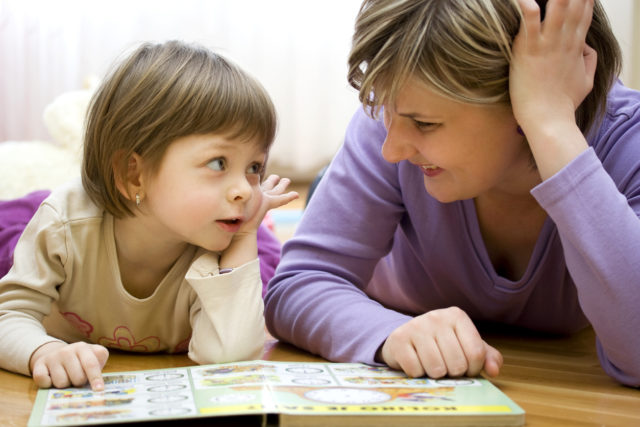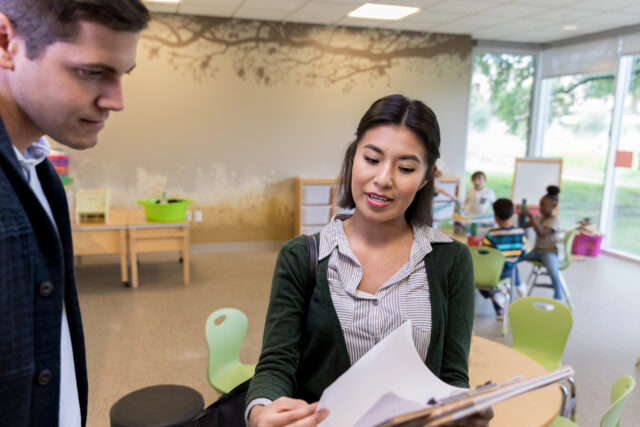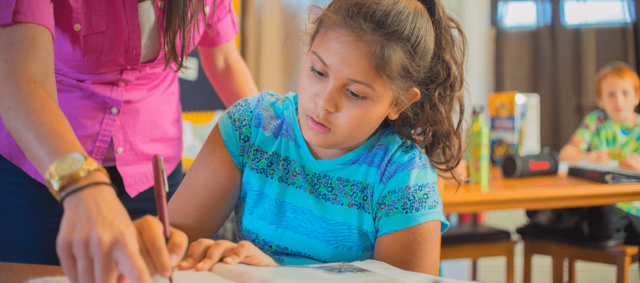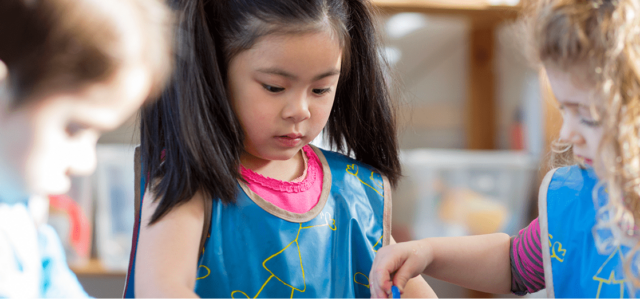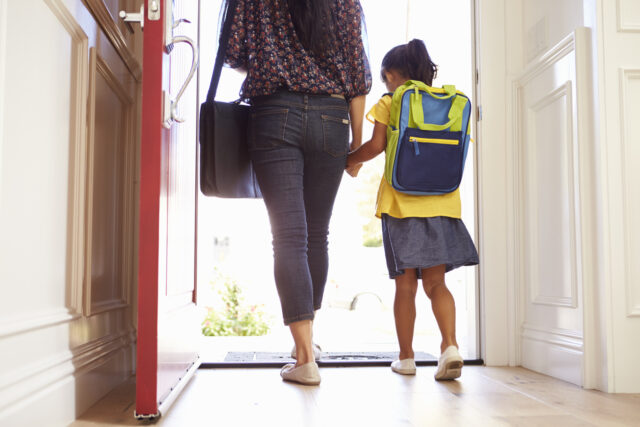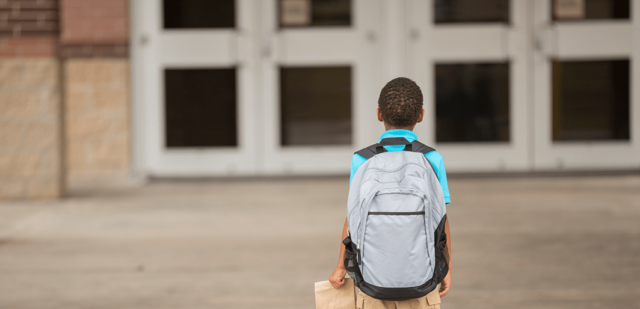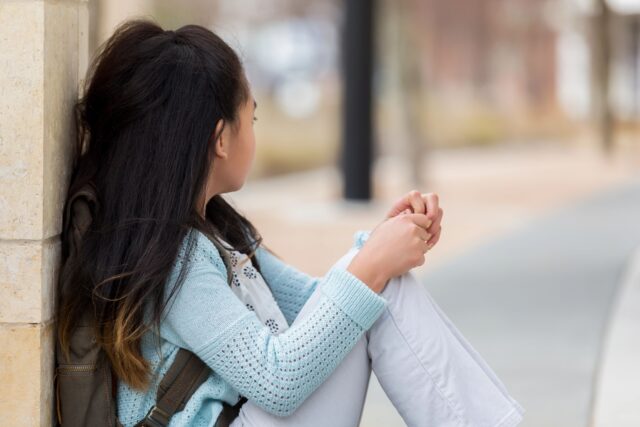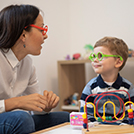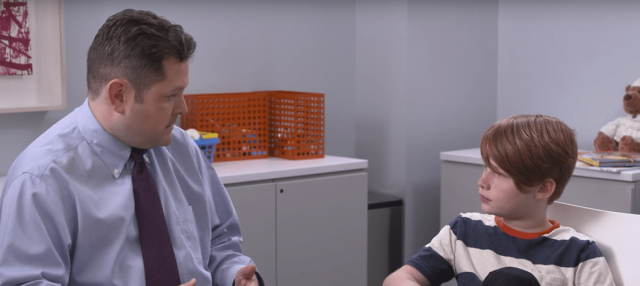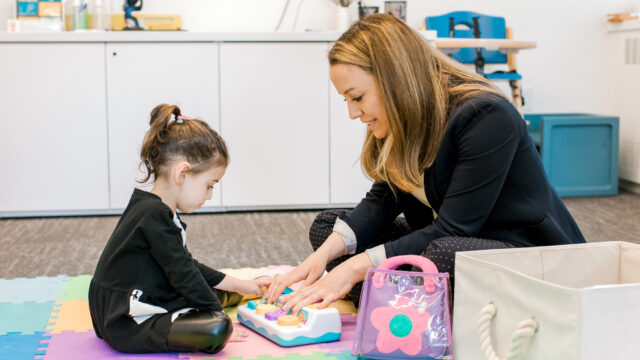Topics
School
Mental health challenges may interfere with kids’ learning at school, but they can succeed with support from parents and teachers.

School Resources for Parents
Most kids spend at least 35 hours a week in school — not counting after-school activities. Both socially and academically, school can be a lot to navigate, especially for a child with mental health or learning challenges. But with the right support from parents and school staff, kids can thrive and enjoy their time in the classroom.
Common Concerns and Challenges
Whether your child struggles with test anxiety, tiffs with teachers, or they just find it hard to get out the door in the morning — here are some tips for addressing common school-related concerns.
Supporting School Success
Some kids seem to fly through school on their own with ease. But most need some extra help, whether they struggle with homework, have a learning disability, or are looking for safe adult to turn to in a crisis. Parents, caregivers, teachers, and school staff can make a big difference — especially when they all work together.
Reading
Some children pick up reading easily while others, just as bright, struggle to develop this critical skill. Here we explain what science tells us is the best way to teach children to read, and how to tell if your school is using an effective method.
Mental Health Challenges in School
School, and attendant stressors like standardized tests, can seriously affect a child’s mental health. And for kids with mental health disorders — whether or not they have been identified or diagnosed — the school environment can present specific challenges that aren’t always easy for teachers or caregivers to see. Learn what to look for, how to help, and when to seek professional support. For guidance for educators, see the Resources for Teachers topic page.
ADHD and Executive Function Challenges at School
According to the CDC, approximately 10 percent of kids in the U.S. have been diagnosed with ADHD. Issues with attention, hyperactivity, and executive function often become most apparent in the school setting and can make sitting in a classroom or focusing on homework a serious challenge.
Behavior in School
Problem behavior can show up in surprising ways. For instance, some kids are well-behaved at school but a handful at home. Whatever a child’s patterns, the first and most important step is to investigate and understand what might be driving a child’s behavior.
Trauma in School
When kids have had upsetting or traumatic experiences, it often affects their behavior in school. Trauma manifests in different ways for different kids — for instance, some withdraw and some act out. Here are some things caregivers and educators should know about how trauma can show up in the classroom, and advice on how to support kids when upsetting events happen at school.
Going Back to School
Going back to school can stir up a lot of strong emotions, ranging from worry and fear to excitement. For kids who struggle with learning or mental health issues, back-to-school jitters can be even more intense. Our resources can help.
Services, Accommodations, and Advocacy
Children in public schools are entitled to services and accommodations to ensure they are getting the best education for their needs. But knowing what supports are right for your child — and how to ask for them — can be daunting. Here are some resources to help.
Starting a New School
Whether a child is entering high school or moving to a new city, starting at a new school can be a challenge. Here’s what to look for in a school — especially for kids who need extra support — and tips for a smooth transition.
Home and Remote Schooling
School
Ask an Expert
All School Resources
Common Concerns and Challenges
How to Help Your Child Get Motivated in School
Tips for Surviving Standardized Tests
School Mornings Without the Stress
“My Teacher Hates Me!”
Is Your Child Ready for Kindergarten?
Finding the Balance With After-School Activities
Tips for Beating Test Anxiety
How to Help Kids With Math Anxiety
Does Your Child Lack Motivation?
Supporting School Success
How to Support Young Kids Who Are Struggling in School
Strategies to Make Homework Go More Smoothly
Early Signs of Learning Challenges
How to Work Well With Your Child’s Teacher
Help for Kids Struggling With Learning
Supporting Trans and Nonbinary Kids at School
Metacognition: How Thinking About Thinking Can Help Kids
What Is Social and Emotional Learning?
School Psychologists: Breaking Down Barriers to Learning
What Is an Educational Therapist?
7 Things to Tell the Teacher About Your Child
Parent-Teacher Conferences: Guide for Parents
One-on-One Help in the Classroom
Reading
Mental Health Challenges in School
Should Kids Take Mental Health Days?
How Does Anxiety Affect Kids in School?
What Does OCD Look Like in the Classroom?
When Kids Refuse to Go to School
How Anxiety Leads to Problem Behavior
Twice-Exceptional Kids: Both Gifted and Challenged
How Sensory Processing Issues Affect Kids in School
School Success Kit For Kids With Auditory Processing Issues
ADHD and Executive Function Challenges at School
What’s ADHD (and What’s Not) in the Classroom
School Success Kit for Kids With ADHD
School Success Kit for Kids With Executive Functioning Issues
Is It ADHD or Immaturity?
Helping Kids Who Struggle With Executive Functions
How to Help Kids With Working Memory Issues
Are Schools Driving ADHD Diagnoses?
Behavior in School
Trauma in School
Going Back to School
Services, Accommodations, and Advocacy
About Individual Education Programs (IEPs)
Section 504 Plans Explained
How to Work With Your School District to Get Services
Being an Effective Advocate for Your Child
Questions That Parents of English Language Learners Should Ask Schools
Building Your Education Team
How to Make the Most of Your IEP meeting
Understanding Special Education Laws
How to Get an Independent Neuropsychological Evaluation
Evaluations for Support at School
When Is a Child Ready for Mainstreaming?
Learning Disability Diagnosis and English Language Learners
Do Kids Grow Out of Learning Disorders?
Inside an Evaluation for Learning Disorders
How to Help Kids Talk About Learning Disabilities
Learning Disabilities and Self-Advocacy
What Is Assistive Technology?
How to Get Assistive Technology for Your Child in School
Learning Specialists at a Glance
Guide to Learning Specialists









